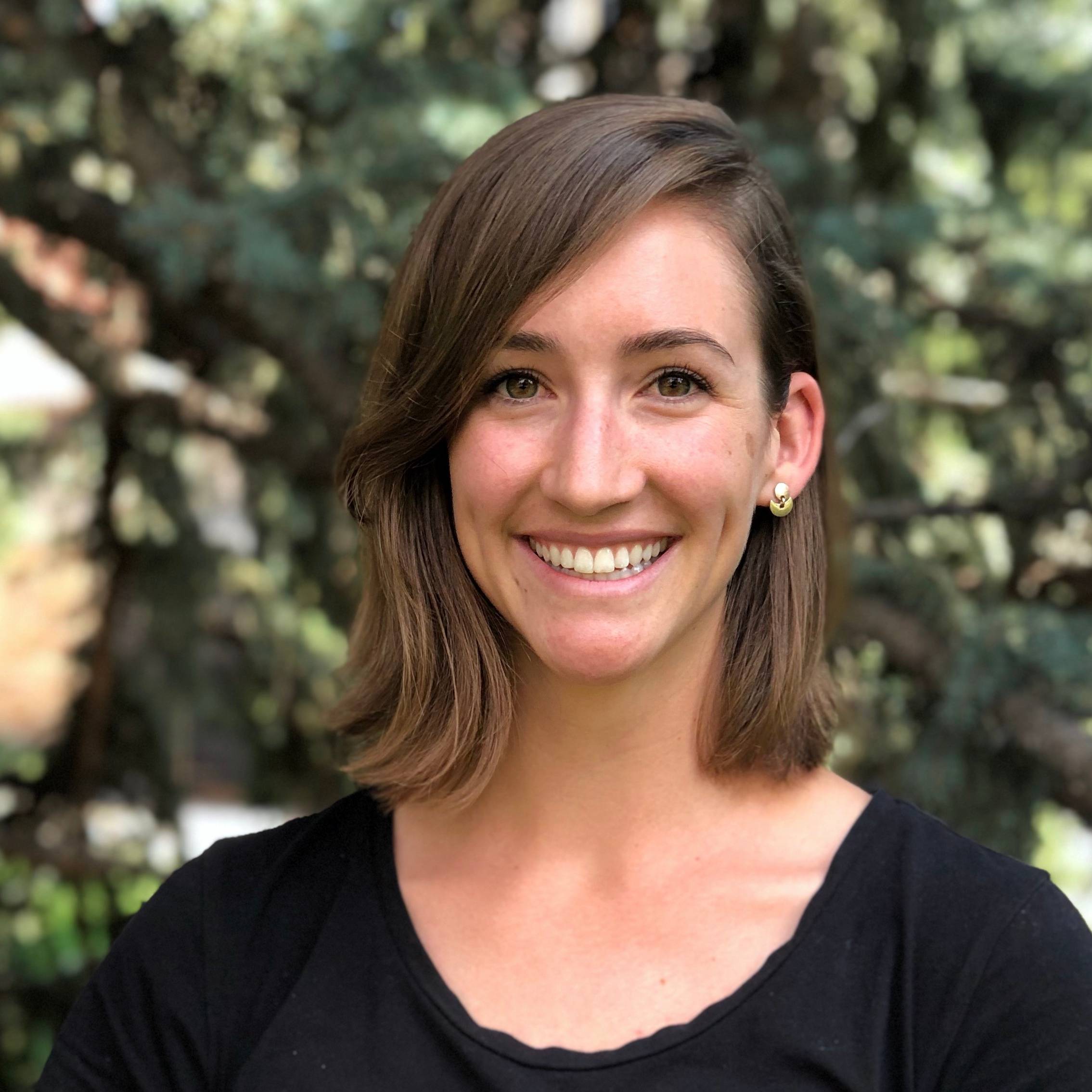The population in Puerto Rico became smaller after Hurricane Maria in 2017. Recent research indicates that social vulnerability factors are strongly related to the loss. But while current measures of social vulnerability might hint at the outcomes seen after Maria, they only tell a portion of the story. To better understand the role structural inequity plays in post-disaster population change, it’s useful to have an index that considers local context.
 Jocelyn West
Jocelyn West
Natural Hazards Center Graduate Research Assistant Jocelyn West has worked to advance such an understanding. Her recent research—which uses a sophisticated analysis to show how pre-existing social vulnerability could explain the variations in population change in Puerto Rico—was recently published in Population and the Environment.
The research was also the basis of Comparing Social Vulnerability and Population Loss in Puerto Rico after Hurricane Maria, which received the 2021-2022 Outstanding Research Paper Award given by the University of Colorado Boulder Department of Sociology.
“West combines hazards and disasters research with a sociological analysis of structural inequalities, developing a more robust social vulnerability index that can better predict post-disaster population change,” the award committee wrote in their announcement of the award. “Her work points toward a relationship between social vulnerability and inequalities and post-disaster migration, paving the way for future research on this highly relevant topic.”
West is currently expanding this research to lead a collaborative project that assesses the landslide risk of rural populations in Puerto Rico. The final report from that work, which was supported by the Public Health Disaster Research Award program, is available here.
“I hope this research will prompt further investigation of the relationship between social inequity and post-disaster population change,” West said. “I appreciate that so many organizations have seen the value of reframing the social vulnerability index to account for local conditions and experiences.”
West also played a key role in a life-saving landslide risk communication collaboration between the University of Puerto Rico Mayagüez, the U.S. Geological Survey, and the Natural Hazards Center. Learn more about her and her other projects on the Natural Hazards Center website.